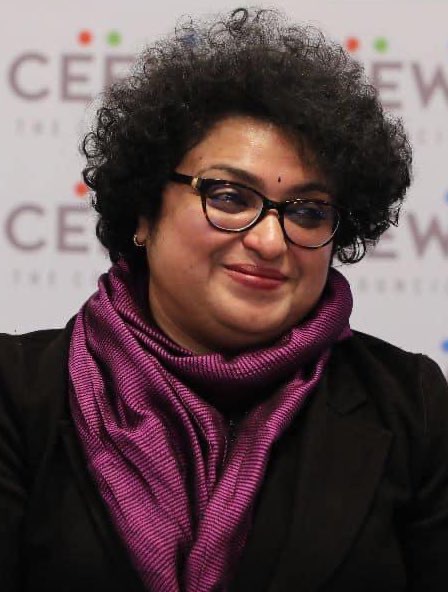Contributors
More »Gender Budgeting in Multi-level Governance
28/09/2020

(Co-authored with Veena Nayyar and Komal Jain)
Gender budgeting is an approach that uses fiscal policy to promote gender equality by trying to translate gender commitments into fiscal commitments through processes, resources and institutional mechanisms. In a multi-level governance structure, the political economy of gender budgeting encompassed both the ...

In its recent judgment, the Supreme Court ruled that a daughter has the same rights as a son in an ancestral property under the Hindu Succession (Amendment) Act, 2005, regardless of when the father may have died. The principle law - the Hindu Succession Act, 1956 (HSA) - originally did not grant ...

(Co-authored with Medha Raju)
In this post, the authors analyse the trends in the revenue, expenditure, and borrowings of the central government in the first quarter of 2020-21, based on the data released by the Controller General of Accounts. They argue that the contraction in revenues in the ...

If the commitment to a fair and impartial system and a time-bound resolution of matters is to be met, the new processes, with reviews and anonymity, must ensure efficiency in case selection and consistency in assessment.
An economic contraction this year will deal a severe blow to tax collections ...

(Co-authored with Satadru Sikdar)
In Part I of this two-part series, the authors presented their estimates of total budget subsidies, and their merit and non-merit components. In this part, they discuss the relationship between subsidies and the delivery of specific public services, the comparative efficiency of subsidy use by ...
